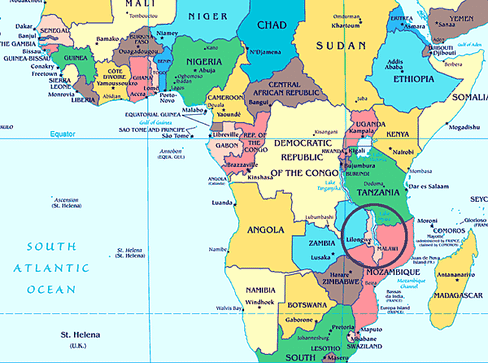close
馬拉威.喬洛高地.帕望芭合作社AA+
Malawi Thyolo Pamwamba AA Plus


□產區:馬拉威南部喬洛(THYOLO)高地
□生產者:區域小農
□海拔:1500M
□品種:卡堤摩&SL28
□處理法:水洗
□等級:AA+
□風味敘述:梅子,核果,白葡萄酒,杏桃…
□馬拉威位於非洲東南部,是個不靠海的內陸國,國土面積約有五分之一是內陸湖泊,該國也是東非精品咖啡協會(EAFCA)成員之一.這款咖啡豆來自馬拉威南部喬洛(THYOLO)高地區域小農組成的Pamwamba合作社,該產區絕大多數農民遵守有機施肥,咖啡生豆處理精製度高,豆型平均,明顯的花果味及香料甜,堅果香氣中帶有些許甜味,更有濃郁的奶油香氣,入口帶有柔和的柑橘香酸,降溫後,莓果酸度愈見突出,香氣複雜,Body濃郁,黏口,餘韻持久.

□Malawi is a relatively small country whose borders meander on a north-south axis between Mozambique and Zambia in southeastern Africa. Malawi is still relatively unknown as a coffee producing country, despite coffee seedlings being introduced there by the British as far back as 1891. Although land-locked, Malawi has managed to create an agriculture based economy, with its main exports being tobacco, tea and, of course, coffee. Part of the reason for its success in coffee is that it’s one of the few African coffee producing countries that is able to trade its coffee directly, away from government-controlled auction systems. All Malawian coffee is traditionally fermented, meaning the mucilage is removed, and then fully washed of any remaining solids that would potentially create rot and, therefore, destroy the integrity of the coffee. After being harvested, the coffee is de-pulped and transported to fermentation tanks. The mucilage-laden coffee is left in these tanks anywhere from 24 hours to several days, depending on weather conditions, to allow bacteria to develop on the beans which decomposes the mucilage. The coffee beans are then dried on raised beds and stored at the mill before being prepared for shipment.

□Malawi is a relatively small country whose borders meander on a north-south axis between Mozambique and Zambia in southeastern Africa. Malawi is still relatively unknown as a coffee producing country, despite coffee seedlings being introduced there by the British as far back as 1891. Although land-locked, Malawi has managed to create an agriculture based economy, with its main exports being tobacco, tea and, of course, coffee. Part of the reason for its success in coffee is that it’s one of the few African coffee producing countries that is able to trade its coffee directly, away from government-controlled auction systems. All Malawian coffee is traditionally fermented, meaning the mucilage is removed, and then fully washed of any remaining solids that would potentially create rot and, therefore, destroy the integrity of the coffee. After being harvested, the coffee is de-pulped and transported to fermentation tanks. The mucilage-laden coffee is left in these tanks anywhere from 24 hours to several days, depending on weather conditions, to allow bacteria to develop on the beans which decomposes the mucilage. The coffee beans are then dried on raised beds and stored at the mill before being prepared for shipment.
Pamwamba coffee is from in the Southern Thyolo district of Malawi, which was first planted out in 1979. The altitude varies between 3000 and 3400 ft. The terrain is rolling valleys, with steepish slopes and patches of indigenous forest retained between the fields of coffee.The soils are a mixture of dolerite clay and alluvial and contribute to a unique fruity taste. The coffees are all hand-picked red cherry, with the same trees being re-picked approximately 10 times over the harvest. Pamwamba plantations are certified Rain Forrest Alliance and cater extremely well for their workers, with education, housing and clinics and full family benefits.
Pamwamba coffee is well known for its full bodied, soft, & rich flavour with a fruity aroma and medium acidity – It really is superb, tantalising the palate with delicious plum & white wine notes, a little like an Ethiopian Yirgacheffe but with pine nuts - think caramel, citrus & lemon, plum & berries….
(http://www.thethirdwavecoffee.co.uk/ourshop/prod_3858876-Malawi-Pamwamba-Coffee-125g.html)
(圖文彙整/咖啡舖子 Ryan Chien 2018/02/25)
(圖文彙整/咖啡舖子 Ryan Chien 2018/02/25)
文章標籤
全站熱搜



 留言列表
留言列表


